“We started our Japanese greenhouse operations in 1998”, said Harada. “At that time, rockwool was the most commonly used substrate for hydroponic vegetable production. There were some suppliers that delivered coco slabs, but those contained just coco peat at that time, which of course resulted in a very vegetative growth when used for the cultivation of tomato crops.”
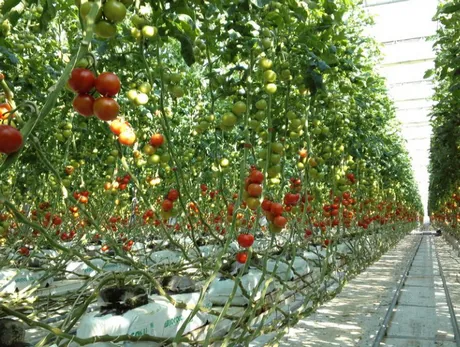
With Japan being an Island far away from production locations of rockwool growing media, the costs for the transport of the rockwool slabs cover a big part of the bill. “That’s one of the reasons that we started to gain interest in other growing media”, said Harada. “A grower in New Zealand informed us about several coco slab manufacturers and I joined him in an evaluation of their products, which resulted in us choosing Riococo because of their philosophy, research and development on creating the right mixture.”
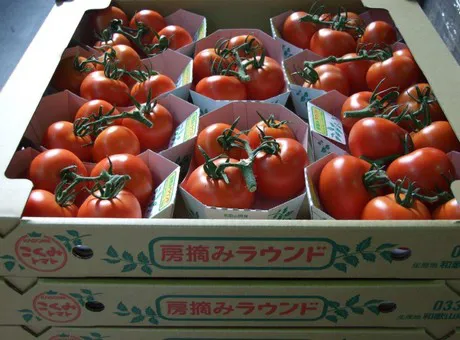
Eventually the cost-price was not the only reason for Kagome to start using coco slabs. “When we got interested in using Riococo, we visited their factories in Sri Lanka and we got informed about the processing and the high quality and selection checks that are taking place at the factory. We saw how Riococo distinguished themselves by creating the right custom made mixes. Together with their researchers we designed the right mixture of peat and crush material inside the slab. The more peat we use, the more vegetative growth we create. Depending on climate, variety, crop type, we can change each ratio which helps a lot for balancing the plants.”
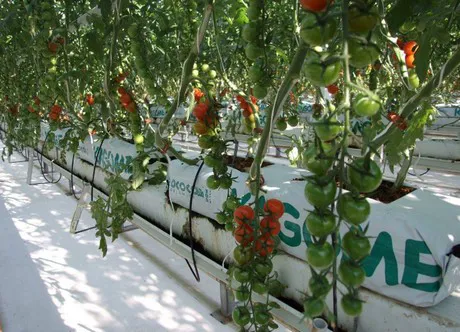
“As we started using the coco slabs on a bigger scale, we soon realized that coco was a much more flexible substrate compared to rockwool. In case of some problems or mistakes of irrigation we could adjust very precisely or accurate and the plants are surviving. Next to that there is less risk of BER. That’s why we also are successfully using Riococo propagation blocks for a few years now. Now our plant propagators can deliver us a plant that is much more balanced at the transplanting stage. On the other hand, other advantages are the reuse possibilities. After we finish our crop, local growers are reusing our used coco for other types of cultivation."
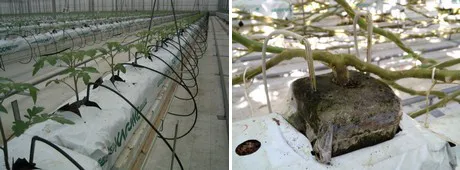
Nowadays, Kagome Japan has around 55 hectare of modern Venlo type greenhouses including their contract growers. Next to this, there are alsosmaler contract growers with a total acreage of 30 hectare. From the 55 hydroponic growers, 40 hectare is using Riococo. “We really encourage our growers to see the benefits of using Riococo slabs and Riococo propagation cubes, because in the end, it improves our operations and our products. We really focus on improving quality and yield, whether we use coco or not. Since 2006, for seven years in a row, Riococo seemed to be the best option for us. Together with their team we are looking every year to improve the material mix, so we can eventually harvest even more kilo's, while keep having a better control of the growing medium."
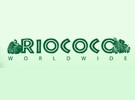 For more information:
For more information:Riococo
Shan Halamba
inquiries@riococo.com
www.riococo.com
